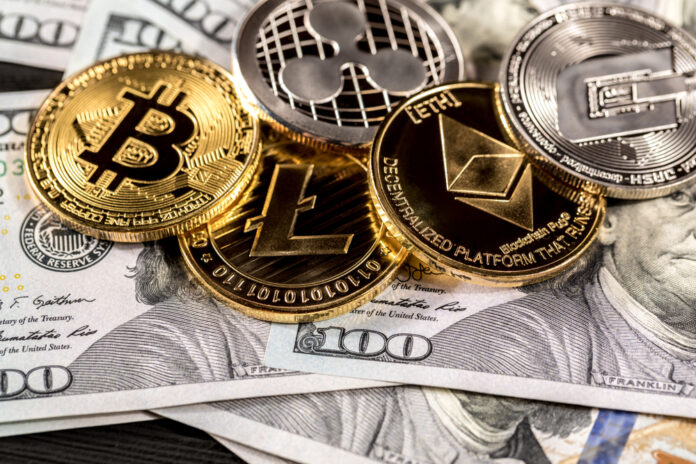Donald Trump’s administration is considering implementing tariffs or other alternative mechanisms to finance the purchase of Bitcoin without using public funds, according to Bo Hines, the former president’s chief crypto advisor.
In a recent interview with Anthony Pompliano, an entrepreneur and influencer in the crypto ecosystem, Hines explained that Trump’s team is studying “creative and budget-neutral methods” to accumulate Bitcoin.
“We are exploring many alternatives, whether through tariffs or other means. There are literally countless ways to do it. Everything is on the table,” Hines said.
As executive director of the President’s Council of Advisors on Digital Assets — also known as the Crypto Council — Hines emphasized that the goal is to accumulate Bitcoin without imposing burdens on the U.S. taxpayer.
“We have made it clear that we want to acquire as much Bitcoin as possible — but always on the condition that it is budget-neutral, without costing the citizen a single cent,” he added.
In addition, Hines compared Bitcoin to gold and stressed that the administration does not intend to sell its reserves, but rather to retain them as a long-term strategic asset.
A Coordinated Plan Backed by Crypto Legislation
The project involves key figures in the Trump cabinet, including Secretary of Commerce Howard Lutnick and Treasury Secretary Scott Bessent. Both are working with an interagency group tasked with designing strategies for Bitcoin acquisition.
Hines also expressed his support for the “BITCOIN Act of 2025,” a bill introduced by Senator Cynthia Lummis. The proposal seeks to create a Strategic Bitcoin Reserve for the United States and finance it with income generated from the revaluation of the Federal Reserve’s gold certificates. The goal is to acquire up to one million Bitcoins within five years and maintain them as part of the nation’s strategic reserves.
In a previous interview with journalist Eleanor Terrett, Hines even voiced openness to the idea of replacing some of the gold stored at Fort Knox with Bitcoin — as long as it does not disrupt the country’s fiscal balance.
“We are going to make sure that we leave no stone unturned as we move forward in developing these strategies,” he said.
Bitcoin as Part of a Broader Financial Transformation
Beyond accumulating Bitcoin as a strategic reserve, Hines advocated for the broader adoption of blockchain and digital assets as tools to modernize the U.S. financial system.
“Our current banking system is full of friction. There are hidden fees, a lack of transparency, slow transfers… all of this shows that the traditional system no longer responds to the needs of the modern user,” he explained.
According to Hines, blockchain technology will be essential for a profound transformation of financial infrastructure.
“These emerging technologies will make the system more transparent, more efficient, and more effective for Americans,” he concluded.



